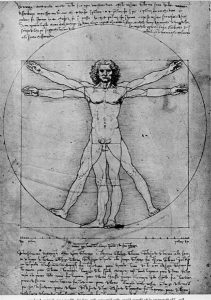1 Corinthians 12:3-13
This text is used for the Lectionary Year A on June 4, 2017.
 Of all of the wonders of creation, the human body may be the most amazing.
Of all of the wonders of creation, the human body may be the most amazing.
For example, consider the human sense of smell. Although it is hotly debated in scientific circles, some have estimated that the nose is capable of discerning a trillion different scents. Consider the human eye. It contains 120 million sensitive structures called cones. They are very sensitive to light, but not to color. If we only had them imagine how different our perception of the world would be. There are 6 to 7 million structures called cones concentrated in the eye’s macula region that provide sensitivity to color. Because of them, humans can differentiate an estimated 7-10 million different hues. Consider the human brain. The brain is capable of processing information from the nose, ear, and eye at the same time while also maintaining our hormonal levels, monitoring our heart rate, setting our mood, keeping track of our memories, and keeping us from losing our balance. All of this, the brain can do seamlessly. The human body is a fantastically designed masterpiece of God.
While Paul may not have had our scientific sensitivity to the wonders of the human body, he certainly thought of it as an amazing work of God. In looking at the body, Paul found a metaphor for how the Church should function and for the use of spiritual gifts within the congregation. 1 Corinthians 12:3-13 is not the only time Paul uses the metaphor of the body for the Church; he does so in Romans 12, 1 Corinthians 10, and Ephesians 2-4. His argument in this passage is that just as the body is a diversity of members working together, the church is a body of diverse members with diverse gifts working together.


